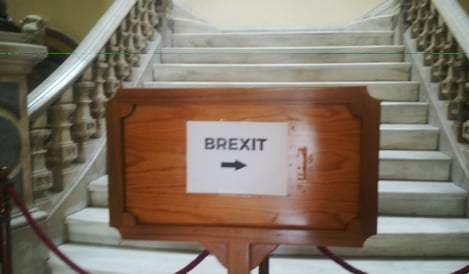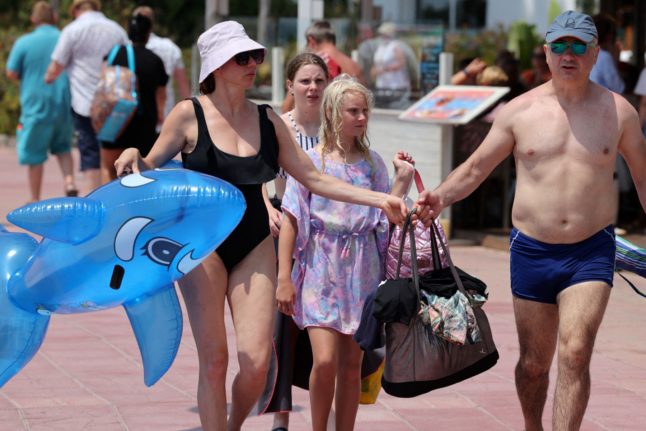Under the terms of the Withdrawal Agreement, countries can opt for either a declaratory system or a constitutive system. Under the declaratory system your rights are presumed, under the constitutive system you have to make an application.
The Withdrawal Agreement states that anyone who is legally resident – which is not quite the same thing as simply being in the country – at the end of the transition period is eligible to stay, but under a constitutive system you would still have to make the application for residency.
Spain has so far not formally declared which system it will go down, but there are indications that it is likely to choose the declarative system – so British residents in Spain who are already registered won't need to apply for residency permit.
However given that the residency document will prove you are protected under the Withdrawal Agreement, British citizens in Spain will be encouraged to apply for one.
- OPINION: If the UK won't stand up for the rights of Britons in Europe then it's down to us
- Brexit: What the Withdrawal Agreement guarantees for Brits in Spain
- Can Brits still move to Spain after Brexit day?



 Please whitelist us to continue reading.
Please whitelist us to continue reading.
Member comments